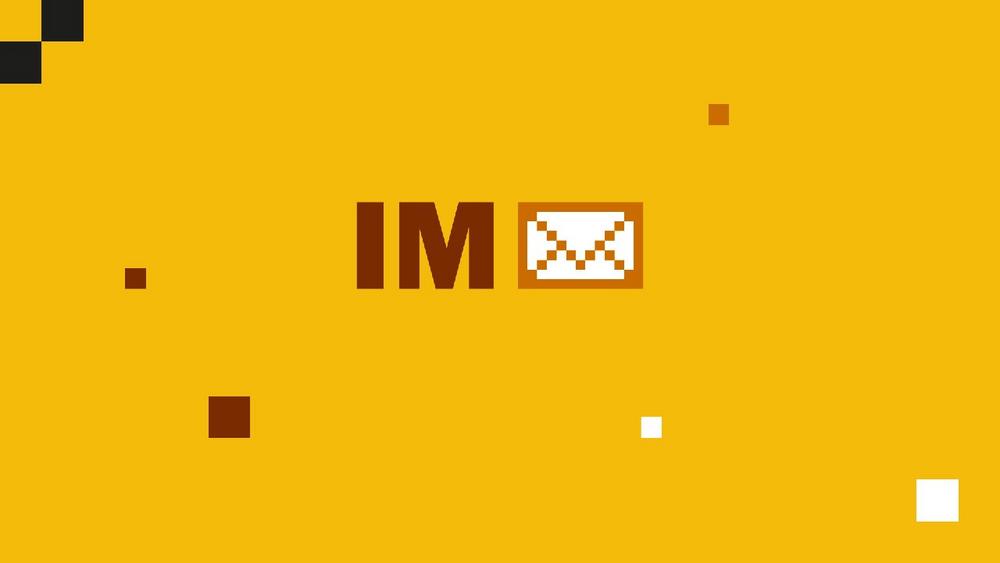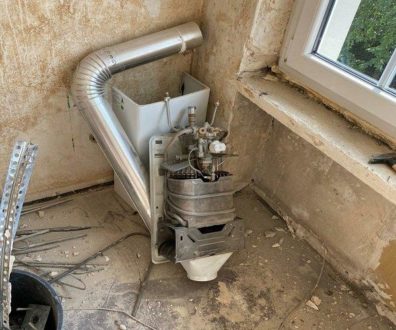
IMPOST supplements declaration procedure via ATLAS
ATLAS-IMPOST for low value import shipments
ATLAS-IMPOST is expected to go live on January 15, 2022. The application is intended to register Customs declarations for "low-value shipments" up to a value limit of 150 euros. All goods with a value below this limit were exempt from VAT. The increasing growth rate of shipments within the e-commerce realm (mostly from online stores) and the resulting overload of the German Customs‘ Automated Tariff and Local Customs Clearance System (ATLAS) have made the introduction of an additional application indispensable. ATLAS-IMPOST is now intended to ensure efficient Customs and import VAT handling of low-value shipments, thereby permanently relieving the burden on imports via ATLAS.
Most important facts about ATLAS-IMPOST
- The VAT digital package came into force on July 1, 2021
- ATLAS-IMPOST is expected to go live on January 15, 2022
- Electronic Customs declarations will be required from now on, even for small goods
- ATLAS-IMPOST regulates the import of small consignments with a value of up to 150 euros
Technical requirements for ATLAS-IMPOST
Unlike the previous ATLAS declaration procedure, the electronic transmission of information with IMPOST is realized via a web service. The familiar FTAM gateway is not to be used for this purpose. At the same time, the well-known BIN as electronic signature will be omitted in IMPOST. Therefore, other authentication features will be required. Anyone wishing to declare low-value goods for import via the IMPOST web application from January 15, 2022, must first apply to Customs for the so-called IOSS ID. The "Import One-Stop-Shop" identification number (IOSS) has become mandatory, especially for online retailers with warehouses or headquarters outside the EU, with the decision of the VAT digital package. To obtain an IOSS number, each company must register once with the relevant tax authority. In Germany, the Federal Central Tax Office (BZSt) is responsible for registration. More information on the technical implementation can be found on the Customs website.
Scope for ATLAS-IMPOST registrations
For Scope Customs customers, nothing changes in the ATLAS import procedure despite the digital VAT package. Thanks to the integrated ATLAS module, Customs declarations can be filed as a summary declaration using stored templates or as individual procedures. In addition, Scope checks whether any required documents are missing for declaration to Customs and automatically informs about changes in the customs declaration procedure related to the tariff number.
"ATLAS-IMPOST brings some significant innovations to the German Customs application. For example, the now obsolete FTAM transmission will be modernized into a web service transmission. It is expected that all other Customs procedures will also be gradually migrated to WebService technology, at the latest, when these procedures are updated in the course of the further implementation of the UCC."
– Dirk Heidenfelder, Product Manager Customs, Riege Software
Riege Software is the creator of Scope, the leading cloud-based software for Air Freight, Ocean Freight and Customs. Designed to be the Digital Standard for digital logistics, Scope enables participants in the global supply chain to practice unrestricted collaboration with just one system.
Established in 1985 and ever since privately owned and managed, Riege has a continuous and sound understanding of the requirements of the logistics industry, serving more than 575 companies of any size in 46 countries. The future of logistics is digital. Scope is the future of digital logistics.
Riege Software International GmbH
Mollsfeld 10
40670 Meerbusch
Telefon: +49 (2159) 9148-0
Telefax: +49 (2159) 9148-11
https://www.riege.com
Head of Public Relations
Telefon: +49 (2159) 9148-315
E-Mail: kazantzis@riege.com
![]()



